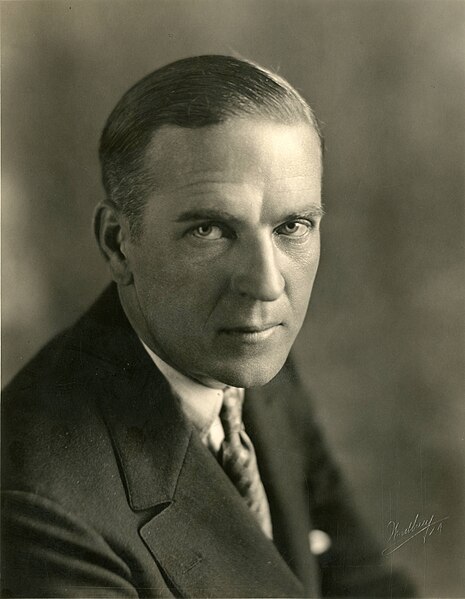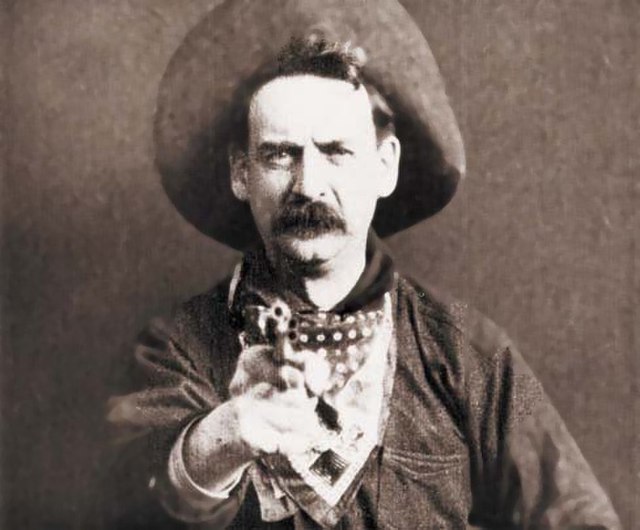Henry King was an American actor and film director. Widely considered one of the finest and most successful filmmakers of his era, King was nominated for two Academy Awards for Best Director and directed seven films nominated for the Academy Award for Best Picture.
Henry King (director)
Cinema of the United States
The cinema of the United States, consisting mainly of major film studios along with some independent films, has had a large effect on the global film industry since the early 20th century. The dominant style of American cinema is classical Hollywood cinema, which developed from 1910 to 1962 and is still typical of most films made there to this day. While Frenchmen Auguste and Louis Lumière are generally credited with the birth of modern cinema, American cinema soon came to be a dominant force in the emerging industry. With more than 600 English-language films released on average every year As of 2017, it produced the fourth-largest number of films of any national cinema, after India, Japan, and China. While the national cinemas of the United Kingdom, Canada, Australia, and New Zealand also produce films in the same language, they are not part of the Hollywood system. Because of this, Hollywood has also been considered a transnational cinema, and has produced multiple language versions of some titles, often in Spanish or French. Contemporary Hollywood often outsources production to the United Kingdom, Canada, Australia, and New Zealand. The major film studios of Hollywood are the primary source of the most commercially successful and most ticket-selling movies in the world.

The Hollywood Sign in the Hollywood Hills, often regarded as the symbol of the American film industry
Justus D. Barnes as outlaw leader Bronco Billy Anderson in The Great Train Robbery (1903), considered by some to be the first Western.
Harold Lloyd in the clock scene from Safety Last! (1923)
Laurel and Hardy with Lupe Vélez in Hollywood Party (1934)





